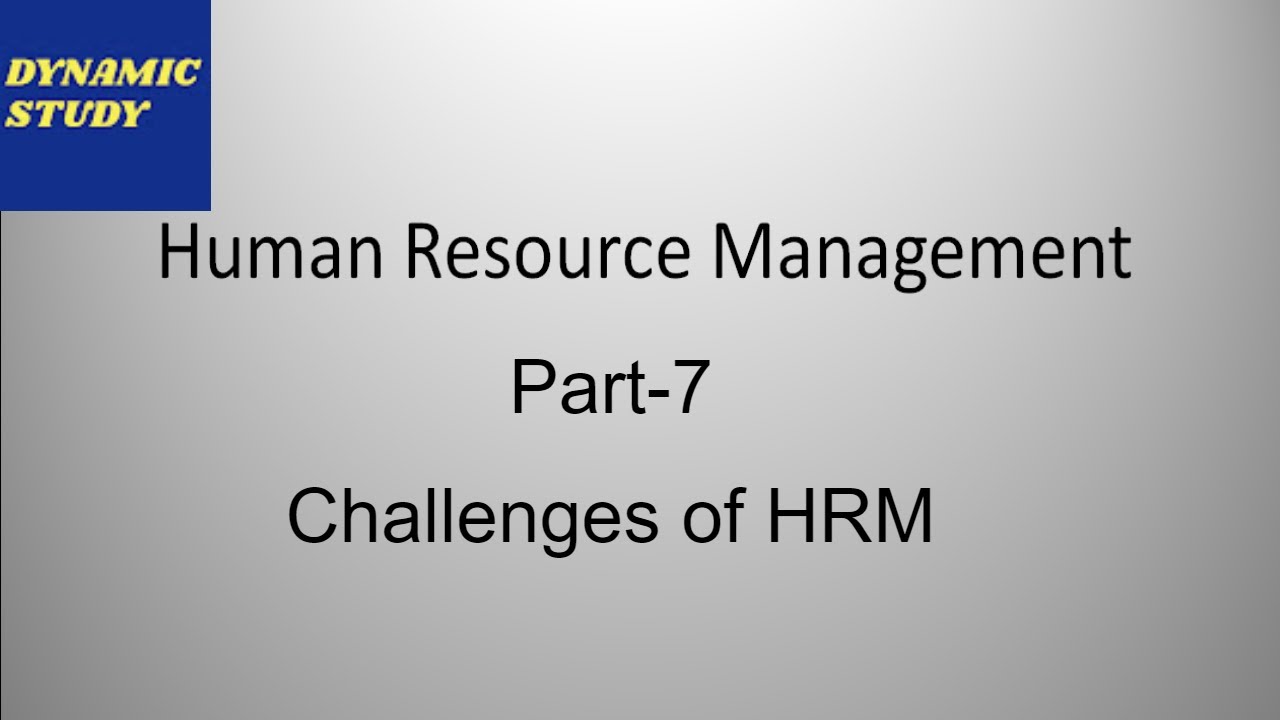
A team manager is responsible for managing a group of people. They make sure that everyone is on task and balance their workload. They are able to resolve conflicts between colleagues and offer constructive feedback. Successful managers balance their work with the needs of their team members. These characteristics make team managers successful. They are also able to inspire their team members and improve their morale.
Leadership skills
A key ingredient for being a team manager is leadership skills. It is crucial that team leaders have the ability to think strategically, and translate organizational goals into tangible results. Leaders who lack this skill will cause problems for the organization. They will lose sight both of the importance and the role of their team in the organization. Developing strategic thinking requires a leader to step back from current issues and understand the organization's goals and the complexities of internal and external factors.
It is important for team leaders to be approachable, and open to talking with others. You must be able and willing to listen before you can make decisions. This skill allows for you to motivate and acknowledge your team members.

Communication skills
Communication skills are crucial in the workplace and when leading a team. A lack of communication skills can be a significant barrier to an organization's success. A Gatehouse study found that poor communication between managers was the leading cause of ineffective communication within an organization. Moreover, only 14 percent of employees said that they felt inspired by their performance reviews. Managers should learn how to motivate their staff and build trust. This can be done by listening well and clarifying the opinions and ideas of their team members.
It is best to be honest and direct when communicating with people. Some employees require more details than others. Others prefer to generalize. It is possible to adjust your communication style based on the type of communication your team members prefer. Your team will feel more heard and understood if you pay more attention to their communication preferences.
Organizational skills
If you want to lead a team, organization skills are essential. They help you manage tasks, time, relationships, and conflict. You will appear more trustworthy and credible if you can prioritize tasks and are organized. Organization skills allow you to solve complex problems and analyze them. You can also stay calm when under pressure by being organized.
You will communicate better with your colleagues if you have better organization skills. Being organized will help you save time and focus on the most important tasks. Your workspace will make you less productive and could cause stress. It's a good idea to rewrite your task list to help keep your workspace tidy.

Time management
Team management requires time management skills. This includes regular check ins and the use or tools to track the status each project. Encourage your team to be productive and to celebrate their achievements. By practicing good time management, you can maximize your team's productivity and prevent overload.
No matter how large or small your team is, time management will be crucial to the success and growth of your business. You must be flexible enough and able to adapt to changing situations in order to develop a time management strategy. Aligning your staff is one way you can do this. According to studies, teams spend two-thirds their time communicating, connecting, or collaborating. Furthermore, inefficient communication is responsible for losing 15 percent of employee work time.
FAQ
Six Sigma is so popular.
Six Sigma is easy to use and can lead to significant improvements. It can also be used to help companies identify and focus on the most important aspects of their business.
What are some common mistakes managers make when managing people?
Sometimes, managers make their job more difficult than it is.
They might not give enough support and delegate the right responsibilities to their staff.
Managers often lack the communication skills necessary to motivate and guide their teams.
Managers set unrealistic expectations and make it difficult for their team.
Some managers may try to solve every problem themselves instead of delegating responsibility to others.
How do we build a culture that is successful in our company?
A culture of respect and value within a company is key to a productive culture.
It is founded on three basic principles:
-
Everybody has something to offer.
-
People are treated fairly
-
Individuals and groups can have mutual respect
These values are reflected in the way people behave. They will treat others with kindness and consideration.
They will respect other people's opinions.
They can also be a source of inspiration for others.
The company culture promotes collaboration and open communication.
People can freely express their opinions without fear or reprisal.
They are aware that mistakes can be accepted if they are treated honestly.
Finally, the company culture promotes integrity and honesty.
Everyone knows that they must always tell truth.
Everyone understands there are rules that they must follow.
People don't expect special treatment or favors.
It seems so difficult sometimes to make sound business decisions.
Businesses are complex systems, and they have many moving parts. Their leaders must manage multiple priorities, as well as dealing with uncertainty.
It is important to understand the effects of these factors on the system in order to make informed decisions.
This requires you to think about the purpose and function of each component. You then need to consider how those individual pieces interact with each other.
You should also ask yourself if there are any hidden assumptions behind how you've been doing things. If not, you might want to revisit them.
You can always ask someone for help if you still have questions after all of this. You might find their perspective is different from yours and they may have insight that can help you find the solution.
What is the difference in Six Sigma and TQM?
The main difference between these two quality management tools is that six sigma focuses on eliminating defects while total quality management (TQM) focuses on improving processes and reducing costs.
Six Sigma is a methodology for continuous improvement. It emphasizes the elimination or minimization of defects through statistical methods such control charts and p charts.
This method has the goal to reduce variation of product output. This is accomplished by identifying the root cause of problems and fixing them.
Total quality management refers to the monitoring and measurement of all aspects in an organization. It also includes training employees to improve performance.
It is used to increase productivity.
Statistics
- Hire the top business lawyers and save up to 60% on legal fees (upcounsel.com)
- As of 2020, personal bankers or tellers make an average of $32,620 per year, according to the BLS. (wgu.edu)
- This field is expected to grow about 7% by 2028, a bit faster than the national average for job growth. (wgu.edu)
- Your choice in Step 5 may very likely be the same or similar to the alternative you placed at the top of your list at the end of Step 4. (umassd.edu)
- 100% of the courses are offered online, and no campus visits are required — a big time-saver for you. (online.uc.edu)
External Links
How To
How do you apply the 5S at work?
To make your workplace more efficient, organize everything. A tidy desk, a clean room and a well-organized workspace will help everyone be more productive. To ensure space is efficiently used, the five S's (Sort Shine, Sweep Separate, Store and Separate) are all essential. These steps will be covered one-by-one and how they can work in any kind of setting.
-
Sort.Put away papers and clutter so that you don't waste valuable time searching for something that you know is there. You need to put your things where you use them the most. Keep it near the spot where you most often refer to it. You need to think about whether or not you really have to keep it around.
-
Shine. Keep your belongings tidy and organized so you can spend less time cleaning up afterwards. Anything that could cause harm or damage to others should be thrown out. It is possible to have too many pens around and not be able to safely store them. A pen holder is a great investment as you won't lose your pens.
-
Sweep. Clean off surfaces regularly to prevent dirt from building up on your furniture and other items. A dusting machine is a great investment to keep your surfaces clean. You can also set aside an area to sweep and dust in order to keep your workstation clean.
-
Separate. Separating your trash into different bins will save you time when you need to dispose of it. Trash cans are placed in strategic locations throughout the office so you can quickly dispose of garbage without having to search for it. It's a great idea to place trash bags beside each bin, so you don’t have to go through tons of garbage to find what it is.